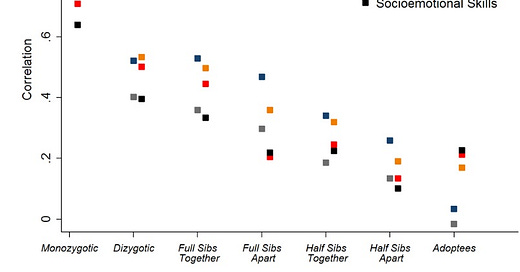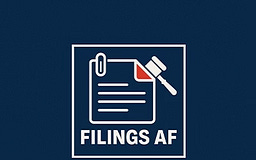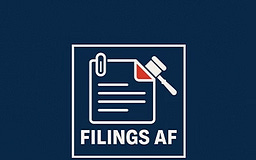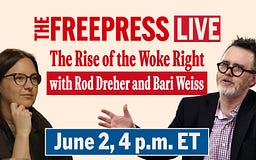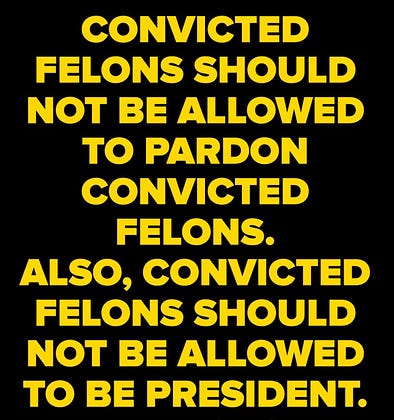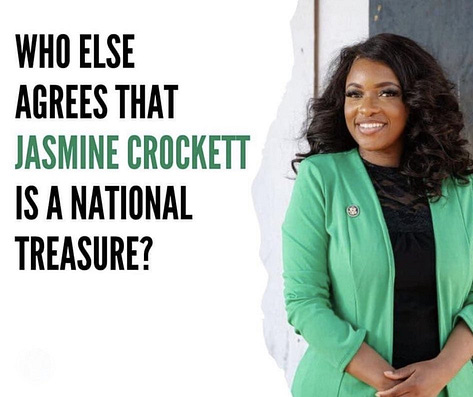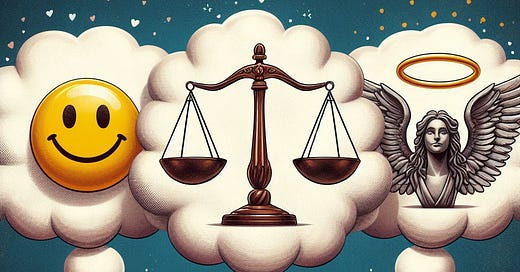Comment
The app for independent voices
You made it, you own it
You always own your intellectual property, mailing list, and subscriber payments. With full editorial control and no gatekeepers, you can do the work you most believe in.


I never thought I would write. I never thought I would lay myself down and open myself up to be seen. I never considered a life lasting disease. Or even a short one.
I wasn’t writing for you. I was writing for me, for healing.
But I gave a copy to my social worker of my poem, “ A Farewell To Breasts” who gave it to a nurse who gave it to a patient and in the small world of my hospital, it went viral.
Now I can’t stop trying to get through this, this, unexpected, unwanted journey. Fear not, we can find joy!

Great discussions
Join the most interesting and insightful discussions.
Grow your publication on Substack
With recommendations, referrals, and a powerful growth network, Substack creators spend less time on marketing and more time on their craft.


AI can’t create a soul. But it can counterfeit faith well enough to fool the undiscerning. This post explores how digital tools, if left unchecked, may deform our spiritual habits, displace conviction with convenience, and offer the golden calf of mimicry instead of the living voice of Christ.

You made it, you own it
You always own your intellectual property, mailing list, and subscriber payments. With full editorial control and no gatekeepers, you can do the work you most believe in.

World-class writing
The best stories, ideas, and culture right at your fingertips.


Remember in 2019, when Notre Dame in Paris caught on fire? I am not Catholic, but I still felt sad.
Well, we had a similar incident in Ohio, earlier this week when the St. John the Baptist in Maria Stein burned. This part of Ohio is sometimes called the “Land of the Cross-Tipped Churches”. The small towns are largely Catholic in this…

Grow your publication on Substack
With recommendations, referrals, and a powerful growth network, Substack creators spend less time on marketing and more time on their craft.


Grow Your Audience
Marketing isn’t all on your shoulders. More than 50% of all new free subscriptions and 25% of paid subscriptions come from within our network.
You made it, you own it
You always own your intellectual property, mailing list, and subscriber payments. With full editorial control and no gatekeepers, you can do the work you most believe in.


Huh? I guess I just don't understand how the fact that people have certain feelings is a strong argument for the claim that those feelings correspond to any objective (ie realist in the trad sense) moral feature of reality.
I read this and don't really see how it differs from the objection: but I feel like it's bad not to prefer my friends, spend more to save us children etc etc or even "but that theory implies I should give away all my money"
I mean in what sense are you not just giving names to…

I'm not sure whether you're objecting to (i) the *concept* of fitting attitudes, i.e. the idea that feelings can be, or fail to be, objectively warranted, or (ii) specific *verdicts* about fitting attitudes, e.g. that it is objectively unwarranted to want people to suffer.
My answer would differ depending on which of these you're concerned about.

I'm not sure what that means. Fittingness is plainly a normative concept, not a descriptive one. But I don't know what you have in mind by denying them the status of "moral" facts. Whether or not someone is genuinely blameworthy seems like a paradigmatically moral question, for example. But fitting beliefs are a matter of epistemic rather than moral normativity.

I think there are connections between them. For example, utilitarianism makes claims about value. But value claims are conceptually related to claims about *desirability*, or what it would be fitting to want.
Other times, people *mistakenly* believe that utilitarian verdicts have implications (e.g. for fitting deliberation or psychological dispositions) that it doesn't. But we need to talk about fittingness, and its connections to other moral concepts, in order to successfully counter those objections.

I'm not sure I'm convinced about the first paragraph. Why must it be fitting to want utilitarian ends? I mean couldn't you just give the same answer as to the aliens who torture people if you are utilitarian (tho obviously not about consequences I just mean shrug and say it's not a theory about what you should want at all just a true claim about a certain kind of moral fact about which worlds are preferable).
However, I can endorse the second paragraph.
Then I'm using the wrong word. It seems to me that one can have beliefs that certain possible worlds are morally better than others (just as a kind of foundational moral fact) and for this to have no necessary connection to any claim about what attitudes anyone should take towards the claim.
I understand your claims about fittingness or desierability to be claims about relations between something like mental states and states of affairs and I'm suggesting that the claim that world A is morally better to world B need not imply anything about that.

If "better" does not entail meriting preference, or any other similar pro-attitude, what does it even mean? I worry that you've stripped the word of all possible normative content.
(I think we distinguish "better" and "worse" in terms of the different attitudes -- pro and con, respectively -- that they call for. It seems your account has no such basis for distinguishing them.)

There is a general problem explaining why any objective fact about the world could be the kind of thing that gives rise to some kind of moral fact (not to mention the access problem). That's why on even days I'm a moral anti-realist.
But on odd days I literally have the opposite intuition to you. How could something that can't be grounded out without mention of reasons to act/attitudes/agent behavior be the sort of thing that makes one choice morally better than another?
I mean if there is some o…

I think there's some conceptual confusion here about where "mind-independence" enters the picture for the realist. Realism simply claims that *whether or not X is a reason to [...]* is a fact that holds independently of our agency, desires, etc. Realism does *not* have to claim that the prescribed [...] (an act, attitude, or whatever) is unrelated to our agency -- that would be absurd. The whole point of reasons is to provide us with normative direction. So they have to specify *what direction …
Related notes

If you’ve been taken in by Sasha Gusev’s denial of behavioral genetics, read this article. It’s an excellent overview.
